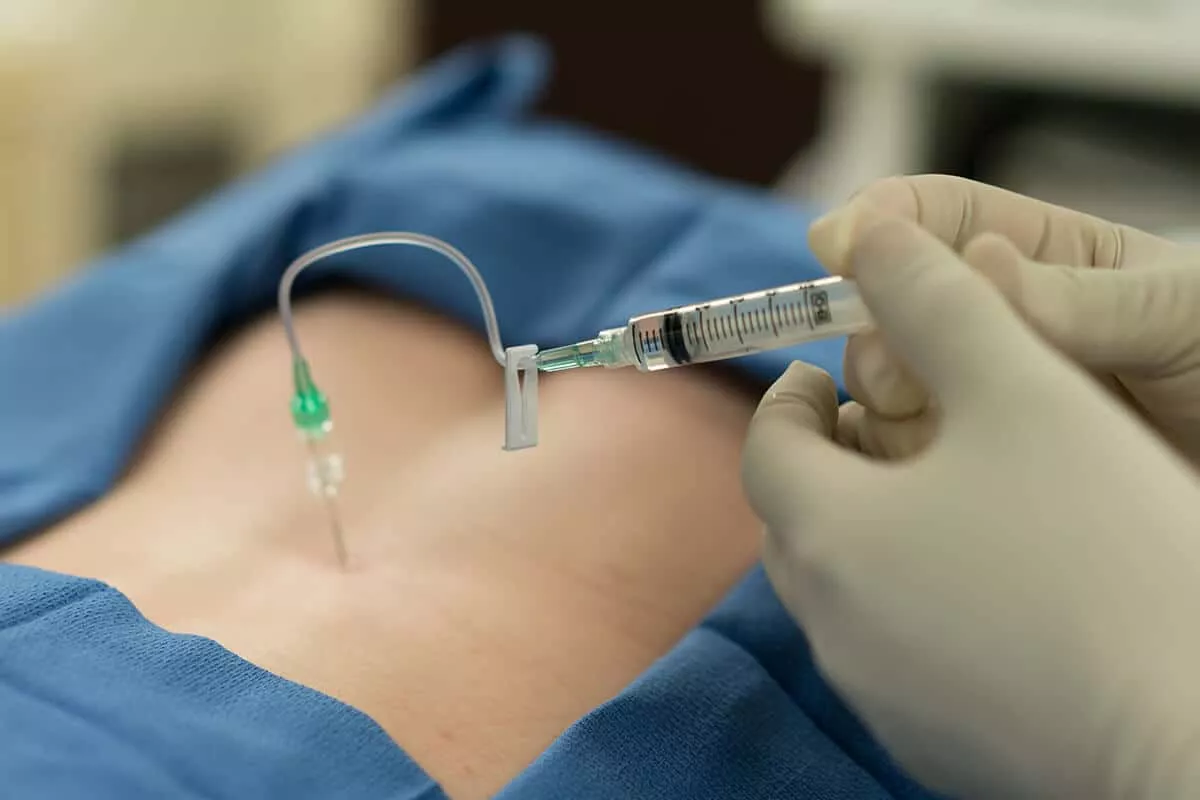Get Help For Pinched Nerve Pain
Are you or someone you know struggling with the persistent discomfort of a pinched nerve? Whether it’s in your shoulder, neck, back, or hand, a pinched nerve can cause significant pain and restrict your movement.
If solutions haven’t provided the relief you need, NextPain Care is here to help. We understand the ongoing challenge of nerve pain and want to introduce you to our comprehensive pain management solutions.
This page will explain what a pinched nerve is, why it occurs, and how it causes persistent discomfort.
You don’t have to endure constant pain. Our goal is to help you take the first steps toward understanding and overcoming chronic pain with alternative solutions.
We are excited to share valuable information about pinched nerves and how NextPain Care can significantly reduce their painful symptoms. We look forward to helping you regain normalcy and improve your quality of life, just as many of our patients have experienced.
Schedule Your Consultation!

What we do
Effectively Manage Nerve Pain
At NextPain Care, our approach to managing pain from pinched nerves goes beyond symptom relief. Our evidence-based, three-level system is designed to address your specific needs while enhancing overall mobility and function.
We begin with conservative treatments such as physical therapy and lifestyle modifications, ensuring minimal disruption to your daily life. As part of our comprehensive care, we progress to advanced options like nerve blocks and other minimally invasive techniques when needed, all tailored to your unique situation.
Our goal is to provide lasting relief, improve muscle function, and restore your quality of life, helping you move forward with confidence and comfort.
-
Localized or radiating pain in the affected area
-
Loss of sensitivity and coordination
-
Discomfort during daily activities
-
Difficulty with movement
-
Sleep disruption caused by pain
-
Focusing on easing discomfort
-
Supporting better sensation and coordination
-
Enhancing comfort in everyday tasks
-
Aiming to improve mobility
-
Working towards better sleep quality

How Can We Help You?
What Is A Pinched Nerve And Where Does It Usually Occur?
Nerves are important structures that transmit sensations, motor function signals, and instructions for the autonomic system. A pinched nerve is something many people encounter that occurs when a nerve is impacted by increased pressure.
This pressure can be due to swelling, damaged tissues, or misalignment of joints and bones. Pinched nerves can manifest throughout various parts of the body, impacting how you feel and move.
The headings below will go into more detail on three specific areas commonly affected by pinched nerves, making it easier to understand.
Neck (Cervical)
A pinched nerve in the neck, also known as the cervical region, can be caused by various factors or health conditions. One of the most common causes is when a nerve becomes compressed from a herniated spinal disc or bone spur in the neck.
Other causes might include inflammation or swelling around the nerve, sustained poor posture, repetitive movements, or sudden twisting or whip-lash of the neck.
When a nerve of the neck becomes pinched, it can lead to pain, numbness, and tingling sensations throughout the neck, shoulders, face, arms, and even the fingertips.
Lower Back (Lumbar)
The lower back, or lumbar, is another common place for individuals to experience a pinched nerve. Herniated discs, spinal stenosis, or bone spurs are just a few of the many conditions that can impact the lumbar spine’s structure and cause nerves in this area to become compressed.
Additionally, chronic health conditions like arthritis or soft tissue injuries that lead to swelling or inflammation around the nerves can contribute to nerve compression. Things like poor posture, repetitive movements, or heavy lifting may also play a role.
Once a nerve in the lumbar area is pinched, it can cause intense localized pain that may extend into the legs, commonly known as sciatica. This can restrict a person’s normal mobility, making even the most basic tasks, such as getting out of bed or going to the bathroom, become a daily challenge.
Wrists (Carpal)
Carpal tunnel syndrome is another very common condition. It occurs when the median nerve within the wrist becomes compressed. It’s typically caused by repetitive hand and wrist movements, underlying medical conditions like arthritis, or traumatic injuries.
The pressure that’s being placed on the medial nerve often stems from inflammation or swelling of the tendons within the carpal tunnel, narrowing the wrist’s passageway. Symptoms of carpal tunnel include numbness and tingling, pain with movement, affected hand coordination, and reduced strength, all making daily tasks more challenging than usual.
Feet (Tarsal Tunnel Syndrome)
Tarsal tunnel syndrome represents a specific form of pinched nerve that occurs in the foot. It is similar to carpal tunnel syndrome but affects the tarsal tunnel, a narrow space on the inside of the ankle next to the ankle bones. This condition arises when the posterior tibial nerve, which runs through the tarsal tunnel, is compressed or squeezed.
Now that we’ve covered what a pinched nerve is and where it commonly occurs, in the next section, we’ll explore why it can be so painful.
Start Today




